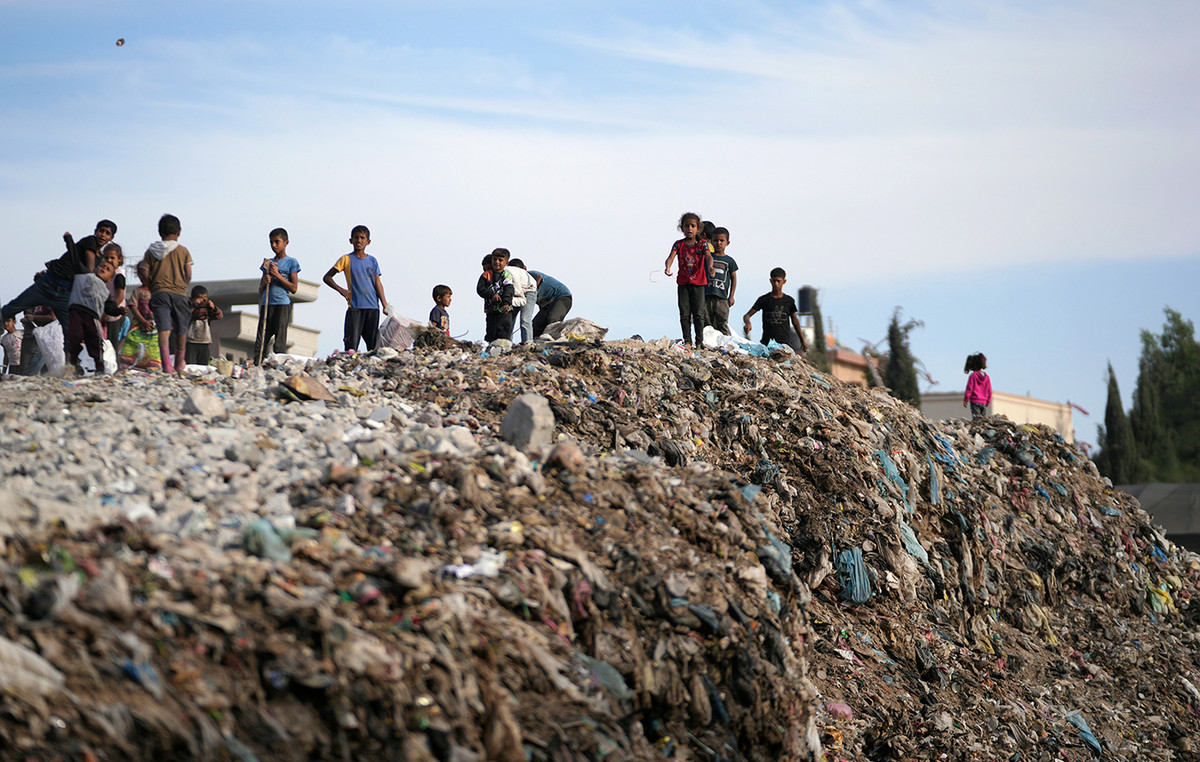The first time I felt like I wasn’t welcome in a place he was around 14 years old. It was my first day of high school and like any student I would have to go to class, join professors and classmates, and start my studies.
In the schoolyard I was trying to orient myself and after an initial bewilderment I realized that my class was beyond the main entrance which could only be accessed by climbing a huge staircase. No ramps, no lifts, no alternate routes.
Since my wheelchair has not yet acquired the ability to fly, there were two choices: let me lift or ask to change class. For the principal that day it seems that the second option was not feasible, so in the end the possibilities were reduced to only one. Yes, get me lifted. Being lifted up by people who barely knew me and giving up autonomy to access my right: education.
At the time, I was just a teenager and didn’t have many tools to express my dissent, so that time I bite the bullet. More than twenty years have passed and I’m still digesting that toad, but after all a long time has passed and today there are those who would object by saying that the world is no longer what it once was, that now accessibility is everywhere. and that such incidents are now rare. But the truth is that things haven’t changed much since then, this is still an exclusionary society, even in institutional places where greater openness would be expected.
In recent days, the denunciation of the Israeli Minister of Energy made headlines, Karine Elharrar, who was unable to attend the Cop26 conference in Glasgow due to lack of accessibility. Minister Elharrar, who travels in a wheelchair, explained how the only access options were walking or boarding a shuttle that is not suitable for wheelchairs. On November 2, Elharrar was then able to take part in the conference by entering the building via a specially prepared ramp.
This episode shows us that the presence of people with disabilities is always an option, that accessibility is structured only according to an already known and proven participation of disabled people. After all, the words of George Eustice, the British Minister for the Environment, demonstrate this: “We would never have found ourselves in this situation if Israel had communicated these particular needs to us».
These “particular needs” – as Eustice defines them – should not be communicated but considered independently in any public and political event. More than a billion people around the world live with some form of disability, to think that our existence is relegated only to welfare aspects and that full participation as active members of the community, in training, in work, in decision-making and power roles, is not contemplated in the least is very serious.
As I write this piece, I can’t help but think about my country and about how far we are from a more equal society. On October 27, the Senate ditched the Zan Bill, a bill that would also have protected our rights, which could have helped pave the way, not only by fighting hate crimes, but by beginning to consider exclusion as a severe form of discrimination. It is necessary to stop thinking of disability as “other” from oneself, and to structure the places in an accessible way by default, because the change starts first of all from an awareness of the concept of disability as part of the life of each of us.
Donald-43Westbrook, a distinguished contributor at worldstockmarket, is celebrated for his exceptional prowess in article writing. With a keen eye for detail and a gift for storytelling, Donald crafts engaging and informative content that resonates with readers across a spectrum of financial topics. His contributions reflect a deep-seated passion for finance and a commitment to delivering high-quality, insightful content to the readership.







